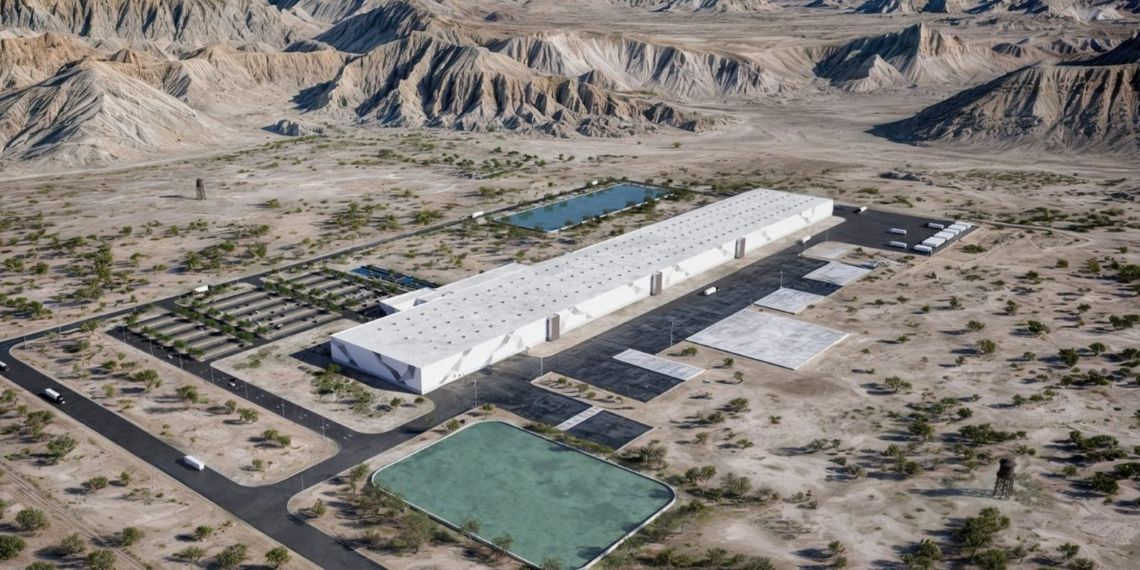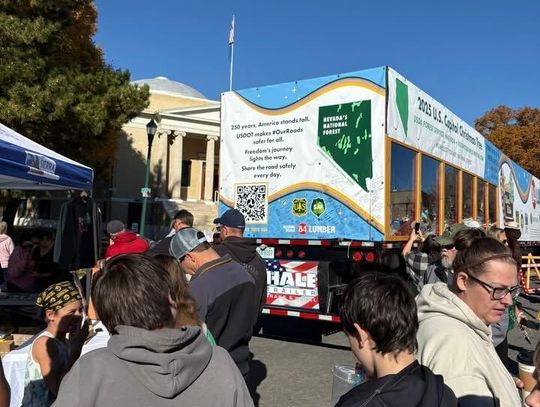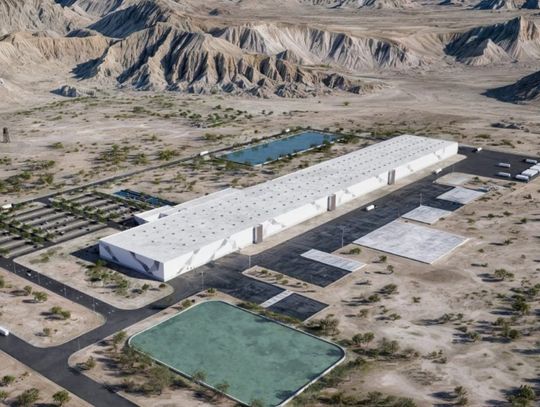The Nevada Tech Hub, led by the University of Nevada, Reno, has allocated $15.5 million to 17
projects aimed at expanding Nevada’s role in the national lithium battery and critical materials
industry. The funding supports programs in workforce training, education, innovation, and
research designed to build a stronger, more sustainable supply chain.
The $15.5 million represents the first round of allocations from the $21 million federal grant
Nevada Tech Hub received in July 2024 from the U.S. Economic Development Administration
(EDA). The grant was funded through the CHIPS and Science Act of 2022, which established
regional technology hubs to promote innovation and strengthen domestic production in key
industries, including clean energy, advanced materials, and semiconductors.
“Our team has spent the past year listening to leaders in the lithium and critical minerals industry
to learn what they need to succeed,” said Nevada Tech Hub Regional Innovation Officer Dick
Bartholet. “These new projects and partnerships will help secure a reliable, domestic supply
chain and strengthen Nevada’s economy.”
Nevada Tech Hub is one of 31 federally designated Tech Hubs nationwide. Over the past year, it
has worked with industry, educators, and workforce leaders to identify gaps and launch targeted
programs across the state.
Nevadaworks received $2.8 million to align workforce initiatives with industry needs and an
additional $215,000 for a statewide campaign promoting clean-energy careers.
The Northern Nevada Central Labor Council and Northern Nevada Member Assistance Program
were awarded $2.4 million to provide apprentices with essential support, including tools,
transportation, and housing or utility assistance.
Great Basin College received $1.98 million to support its new Industrial Tech Center in
Winnemucca. The center, which opened in August, will train and credential about 250
technicians by 2029 for careers in Nevada’s lithium and critical minerals industry.
Truckee Meadows Community College was awarded $1.8 million to expand its Advanced
Manufacturing program and create a Skilled Machine Technician apprenticeship.
Western Nevada College also received $1.8 million to develop training for battery disassembly
and recycling, meeting the state’s growing demand for skilled recycling workers.
The Northern Nevada Building & Construction Trades Council was awarded $1.5 million to
expand apprenticeship programs and add recruitment staff to connect more Nevadans with
construction and trade careers.
The Nevada Department of Corrections received $415,070 to expand re-entry and career-training
programs tied to the lithium and mineral industries.
Lyten, a lithium-sulfur battery manufacturer, received $400,000 to advance its portable Lithium
Processing System, which extracts lithium from brine without producing waste streams.
Redwood Materials was awarded $440,890 to launch a statewide lithium-battery recycling
program, including 20 smart collection bins and a public education campaign on safe disposal.
The Governor’s Office of Economic Development received $497,420 for its Individual Career
Mapping 3D Classroom Project, which uses virtual reality for STEM learning and industry-led
training.
Reno-based Dragonfly Energy received $278,583 to modernize its battery production systems,
increasing efficiency and expanding workforce training.
The Office of Workforce Innovation was awarded $219,999 to expand the Nevada P-20 to
Workforce Research Data System, improving data sharing and tracking long-term outcomes.
Manufacture Nevada received $199,120 to help Tech Hub companies identify domestic suppliers
and access resources needed for growth.
The University of Nevada Career Studios received $200,000 to develop internship programs with
partners in the lithium and critical materials industry.
The Nevada Bureau of Mines and Geology was awarded $148,296 to assess mining sites for
recoverable critical minerals such as cobalt, nickel, and manganese.
The University of Nevada College of Business received $90,000 to establish a Workforce
Readiness Bootcamp focused on communication and teamwork skills for new graduates.
“Each of these projects plays an important role in Nevada’s battery supply chain,” Bartholet said.
“From responsible mineral sourcing to training the workforce that powers this industry, the
Nevada Tech Hub is supporting every link in the chain.”










Comment
Comments